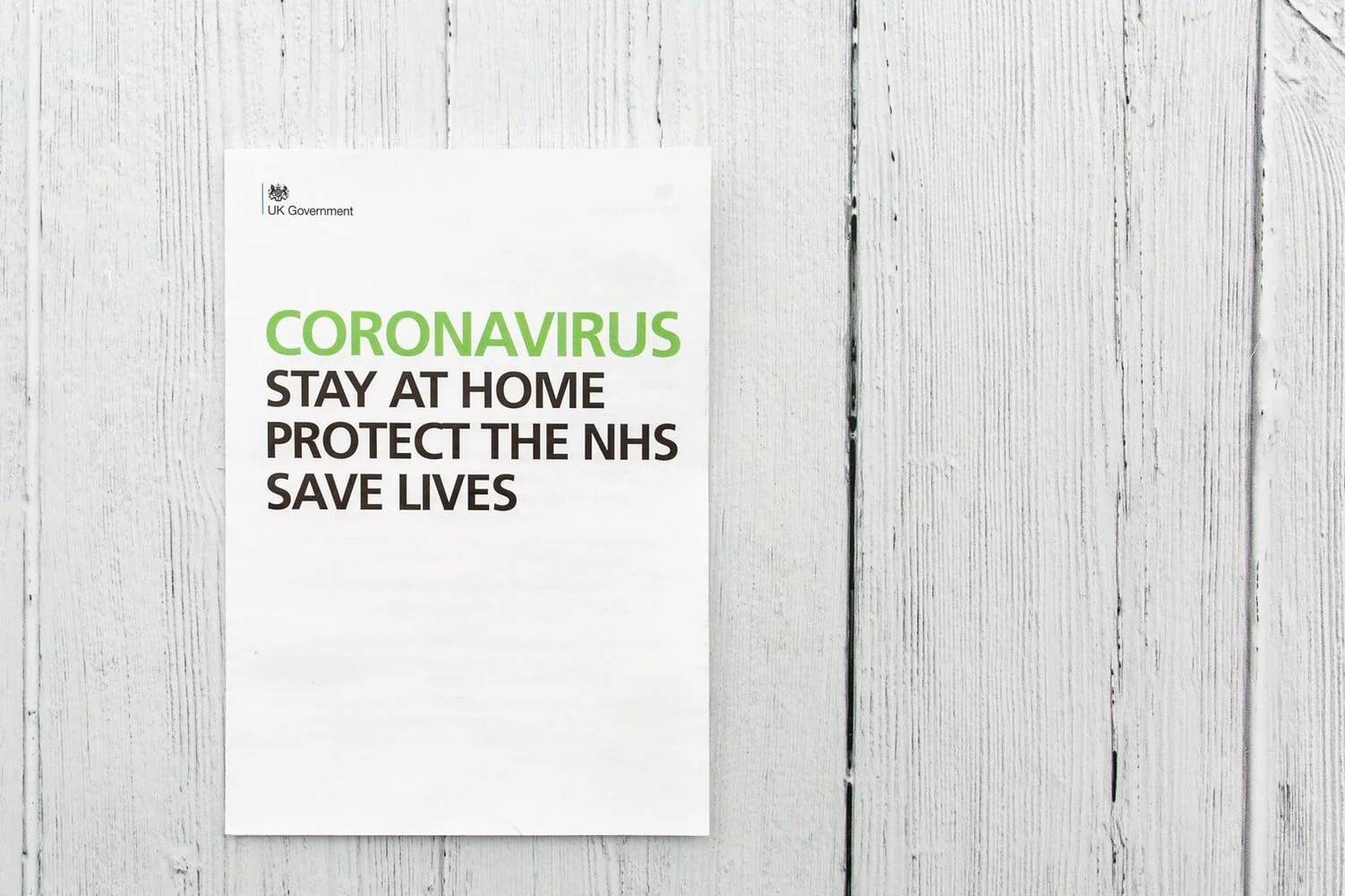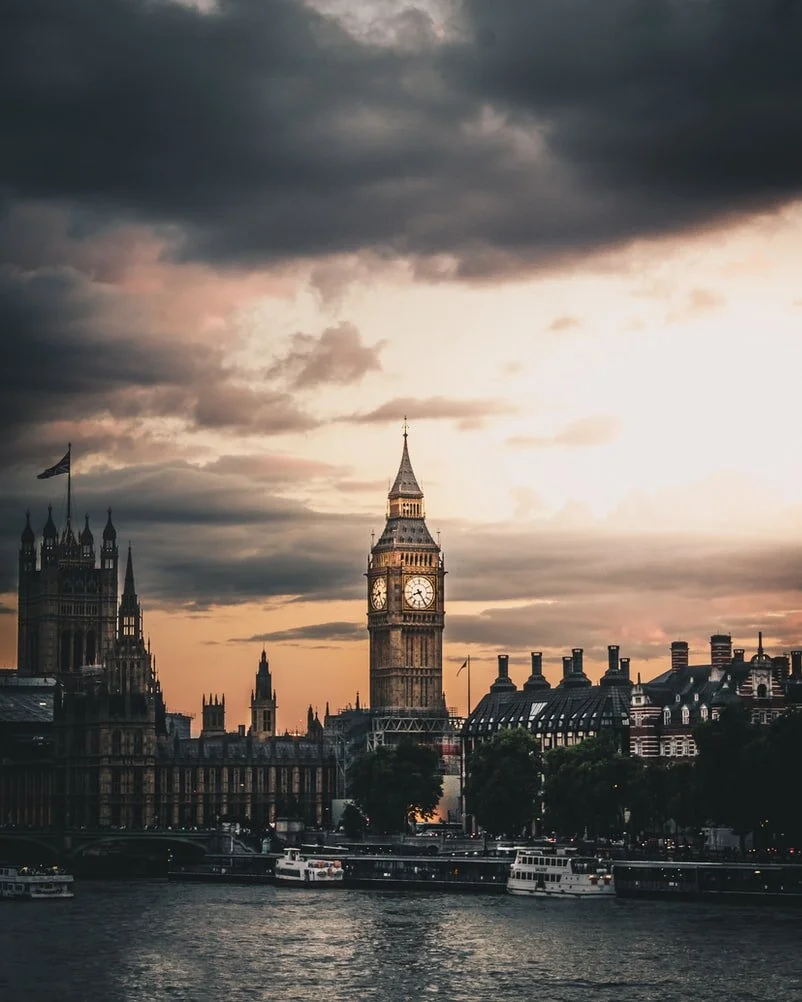Is Systemic Gaslighting The Government's Answer To Covid-19?
March feels like a very long time ago. Not only do the days blur into one in lockdown, but the UK government hits a new low so often, we’ve lost track of the latest crisis. Our supposedly “strong and stable” country has become a blueprint for how not to handle a pandemic. Despite Boris Johnson’s relentless “it’s ok, we’ve got this'' attitude, the UK has continued to top the European leaderboard in Covid-related deaths, terrible graphic design, and a government spouting messages so confused that they can’t keep track of the last piece of advice. The government is so determinedly parroting their own version of reality, with no regard to actual faces, that we are being slowly worn down into accepting their “truth” as the only option. In short, we are being gaslit.
Ranging from the blatant to the disconcertingly benign, new versions of the “truth” are being pushed on us by government spokespeople. Clarifying what they said, or denying it altogether, is a key weapon in the gaslighter’s arsenal. One of the most egregious examples of this particular gaslighting technique was Dominic Cummings’ not-at-all subtle edit of a 2019 blog, claiming that he warned people about coronavirus before it had emerged. Doubling down on this lie (for that is what it was; a brazen lie), Number 10 defended Cummings and claimed that although he had edited the blog (and failed to mention that), Cummings had provided a link to an article about a potential coronavirus. The deliberately confusing mess of technicalities on top of phrasing on top of out-and-out lies makes it incredibly hard for anyone on the outside to pin down the truth in what is being said.
Gaslighters put as much distance between themselves and responsibility as possible, which is a particularly impressive feat when you are literally the elected body with a mandate for serving the entire nation. The government’s inane instruction to “Stay Alert” to the microscopic airborne virus serves to both confuse us and centre us as the ones bearing the brunt of any fallout. By championing his reliance on that “good solid British common-sense,” with one statement, Boris Johnson’s government has completely washed its hands (for at least 30 seconds, one hopes) of any institutional responsibility. Putting the onus on individuals to do “the right thing” deliberately obscures any actual, quantifiable advice that might lead to a shift in cultural behaviour that actually helps slow the spread.
Staying at home to shield yourself? Why aren’t you stimulating the economy? What, are you scared? Going out to see your friends in the pub for the first time in months? Why would you be so selfish and not socially-distance? Now that lovely pub down the road has to close down because of you, you selfish pig.
They know that isolation gives them more control; if everyone else thinks you’re overreacting too, it becomes harder for you to believe yourself. The gulf between what we are being told - that things are getting better, that it’ll all be over by Christmas - and what continues to be the reality for many of us - that the pandemic isn’t going anywhere anytime soon, and has life-changing consequences - is huge. Using psychological warfare to maintain a deeply insecure regime’s grip on control over its population is nothing new. The Stasi in East Germany employed Zersetzung, a form of psychological warfare designed to systematically erode confidence in information and individuals. That our government seems to see science and evidence as subversion in the same way that a dictatorial regime saw its enemies should alarm us all.
But what can we do? In the face of relentless, systemic gaslighting (because that’s what it is), how can we rebuild trust in ourselves and our mental health? It may feel completely overwhelming to try hold on to your own beliefs and knowledge in spite of the braying of the people who really want you to go back and start spending your money, even if it kills you (won’t someone please think of the economy?).
Confronting gaslighting in any form is never easy, let alone when it’s happening at an institutional level. But there are some steps that may reassure you that it is easier to realise that your own version of reality - the things you saw, the things you heard, the things you know - is, in fact, real.
Reaffirm your beliefs, and stay defiant.
Following The Science (as the government is supposedly doing), can help. That’s not to say you should start trawling through the latest medical research on Covid-19, but finding expert advice and clear instructions (like the well-researched and widely-shared) on how to reduce your risk has certainly helped ease my anxiety. After more debate than maybe should have been necessary, I have concluded that it is less of a problem if someone thinks I look weird for wearing a mask and gloves or thinks I’m boring if I don’t go out for a drink with them, than if I don’t take those precautions. As long as The Science says that busy bars are dangerous but having a wee at my friend’s house is ok, I know where I’ll be spending my time.
If you can, establish some boundaries and find space for healthy detachment.
These may be very small - turn off any breaking news notifications on your phone, limit your scrolling of social media, mute or block people who go along with the gaslighting behaviour. Setting boundaries is not just a form of self-care, but a way of helping you support other people. It is not too much to say “I don’t want to hear another opinion piece” or to tell someone you are not comfortable meeting them in the pub. Finding validation in circles of support is not a bad thing.
Control what you can, and recognise what you can’t.
Living through a pandemic is draining mentally, emotionally, physically and financially. There isn’t a blueprint that we can follow and, unlike relationship-based gaslighting, there’s not an exit from this power dynamic that we can influence until we go to the polls again in 2024 (unless you happen to have a New Zealand visa in which case you are a lucky thing.)
The destabilising experience of being gaslit is not something that we can or should brush aside. It is completely valid to feel more anxious, stressed or angry, particularly if you have been gaslit in relationships before. Ultimately, all we can do for ourselves is be kind. Making extra masks or washing your hands religiously won’t solve your anxiety, and it won’t remove the root cause, but it may help you feel a little more in control. If you regularly find yourself feeling overwhelmed in situations you can’t easily control (for example at work or in school when you can’t keep it remote or socially distanced), it’s not a failure to ask for help. Whether it’s professional, from friends, or from online communities, support is available and it can really help.
There is no normal response to a pandemic or to government gaslighting. This is not a normal situation. So forget about what’s “normal” and start doing what’s right for you. Give yourself space and gentleness when you need it, and arm yourself with the resources and rest you need to be strong when you need that. In the end, looking through the smoke and mirrors at the gaslight and asserting your own experienced reality above the lies you’ve been told is the true act of strength.







